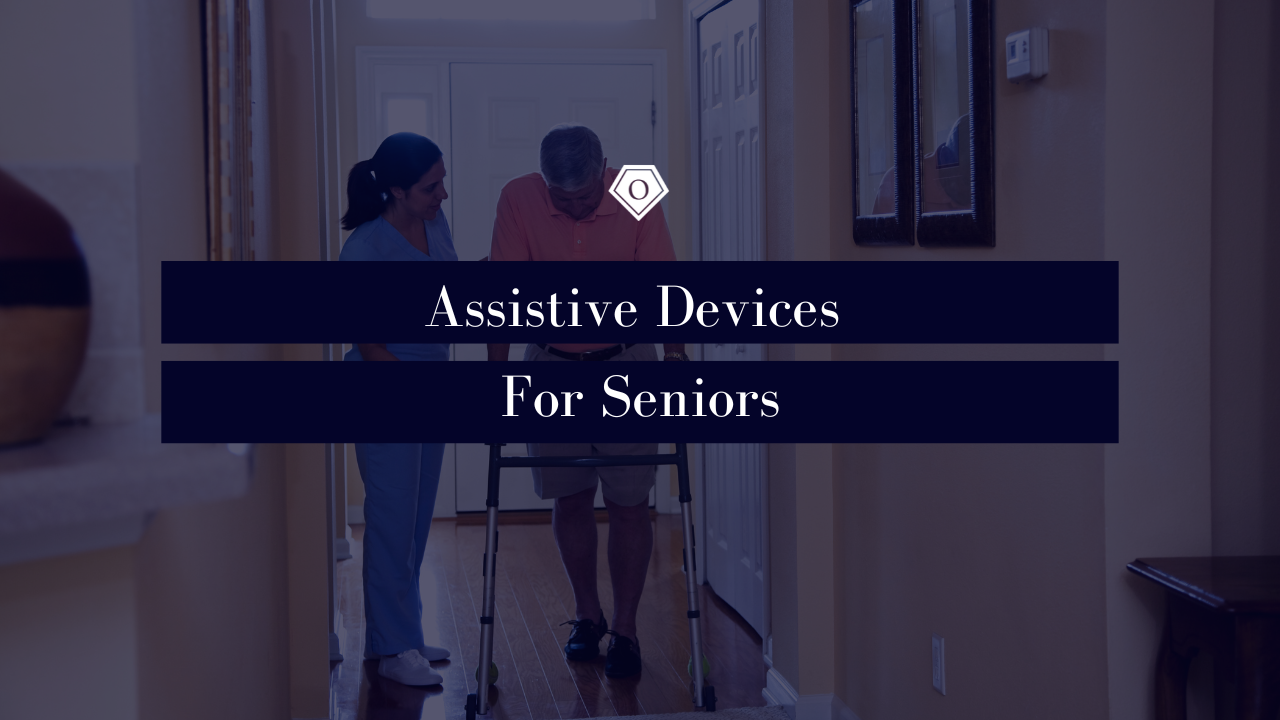Managing Medications for Seniors: A Guide for Caregivers
Taking care of a senior loved one involves various responsibilities, one of the most critical being medication management. Proper medication management is crucial for maintaining the health and well-being of seniors. As a caregiver, it’s essential to understand the importance of medication adherence, potential risks, and strategies to ensure safe and effective medication administration. In this guide, we’ll provide valuable tips and insights to help you navigate the complexities of managing medications for seniors.










